Practical support. At your pace. In your own time.
Our shop is full of self-paced, accessible resources designed to help you support your child’s communication journey, anytime, anywhere.
We know that life is busy, and accessing therapy support isn't always easy during working hours or around family life. That’s why we’ve created a range of on-demand resources and membership options, so you can learn, feel supported, and build your confidence in a way that works for you.
Whether you’re just beginning to explore speech and language strategies, or you want more tools to support your neurodivergent child, you’ll find something here that meets you where you are.
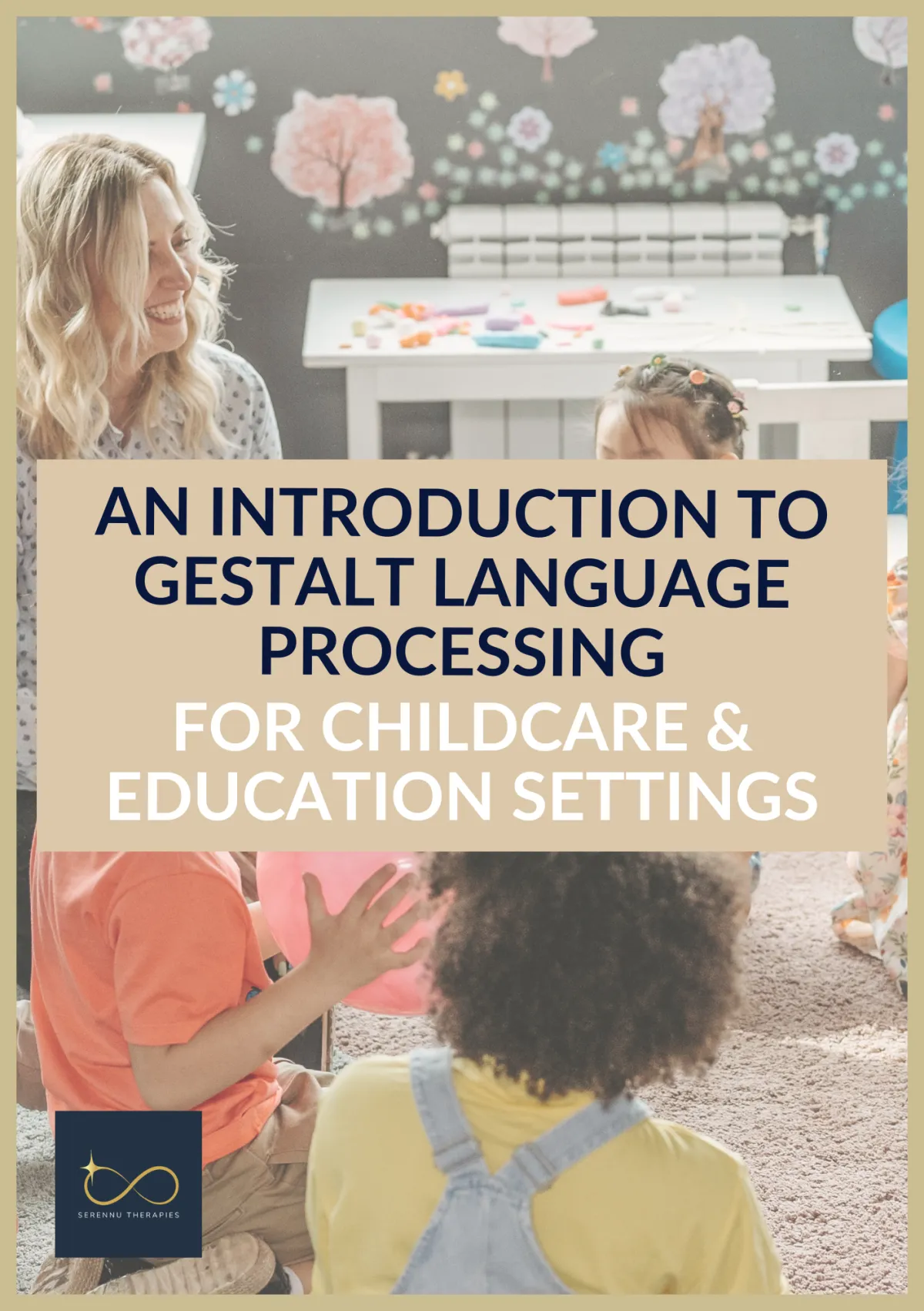
An introduction to Gestalt Language Processing for Childcare and Education Settings.
This essential guide is designed for professionals working in childcare and education settings who support children and young people.
Inside, you’ll find a clear introduction to the two ways children can acquire language, the Natural Language Acquisition framework, along with practical strategies to support gestalt language processors in the classroom.
It also pairs perfectly with our Introduction to Gestalt Language Processing on-demand training, which can be found below.
This essential guide is designed for professionals working in childcare and education settings who support children and young people.
Inside, you’ll find a clear introduction to the two ways children can acquire language, the Natural Language Acquisition framework, along with practical strategies to support gestalt language processors in the classroom.
It also pairs perfectly with our Introduction to Gestalt Language Processing on-demand training, which can be found below.
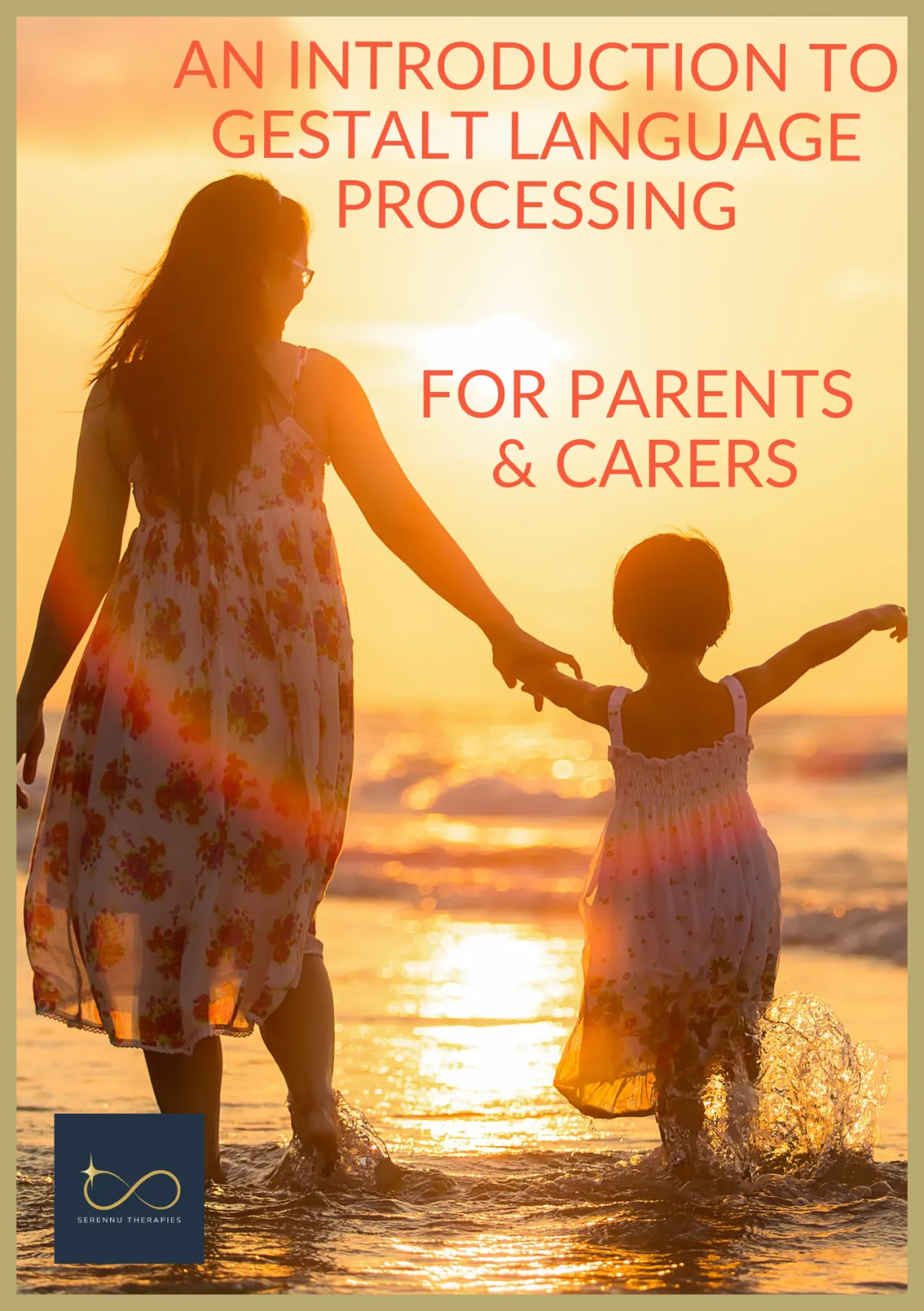
An introduction to Gestalt Language Processing for Parents and Carers.
We will explore the two ways to acquire language and discover the Natural Language Acquisition framework.
You will learn practical strategies to support young people who are acquiring language through gestalt language processing.
This guide is full of clear, actionable tips to help you get started today and make a real difference in your child’s communication journey.
It also pairs perfectly with our Introduction to Gestalt Language Processing on-demand training, which can be found below.
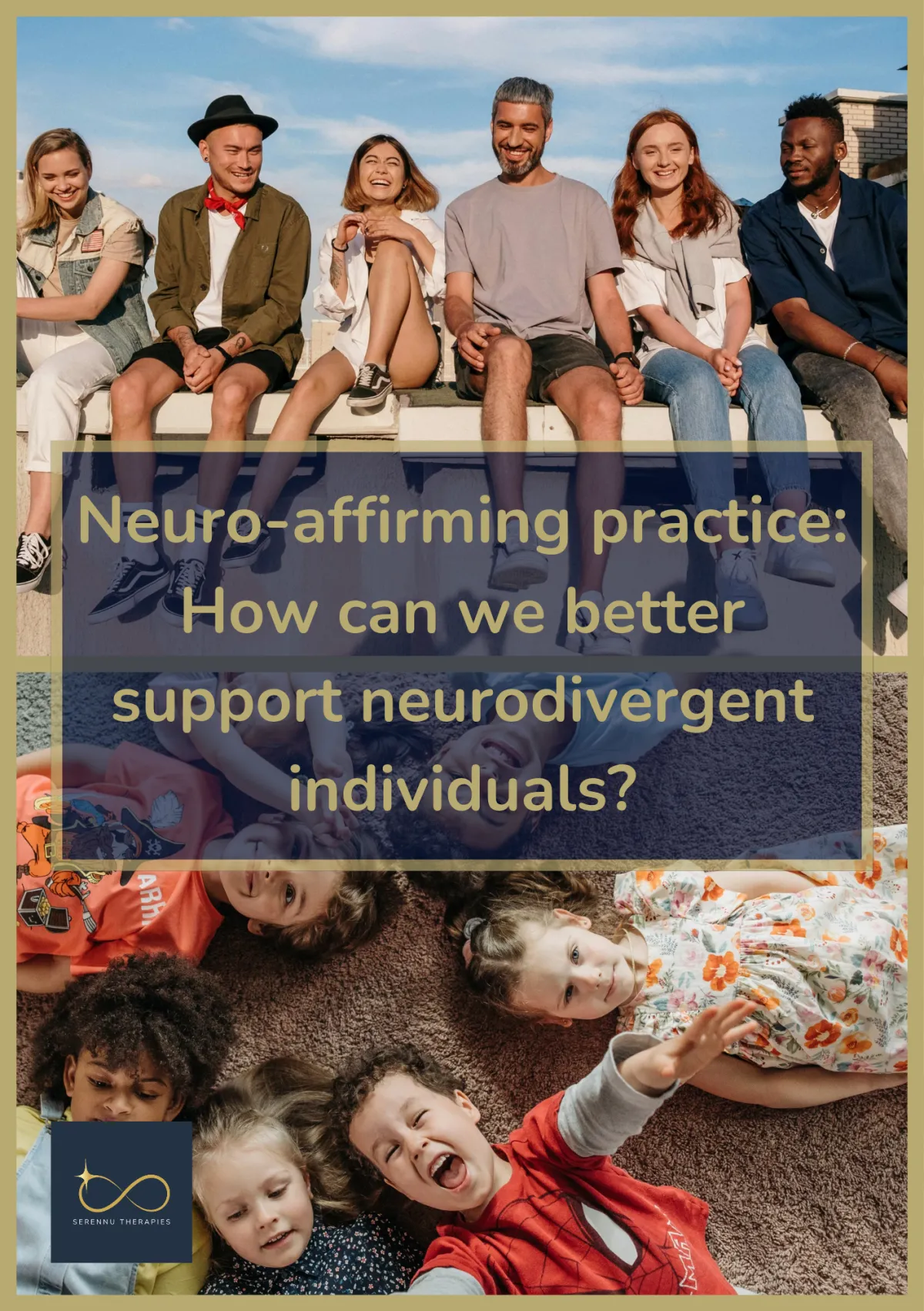
Neurodiversity Affirming Practice: How can we better support neurodivergent individuals?
In this guide, we will explain what neurodiversity-affirming practice means in everyday settings and how it can support young people to thrive.
We’ll cover:
Core principles of neurodiversity-affirming practice. Practical strategies for communication, learning, and participation.
Ways to build understanding and collaboration between families, schools, and professionals. Resources and tools to help create supportive, inclusive environments.
It is designed to accompany our on-demand bite-sized training:
Neurodiversity affirming practice: How can we better support neurodivergent individuals?
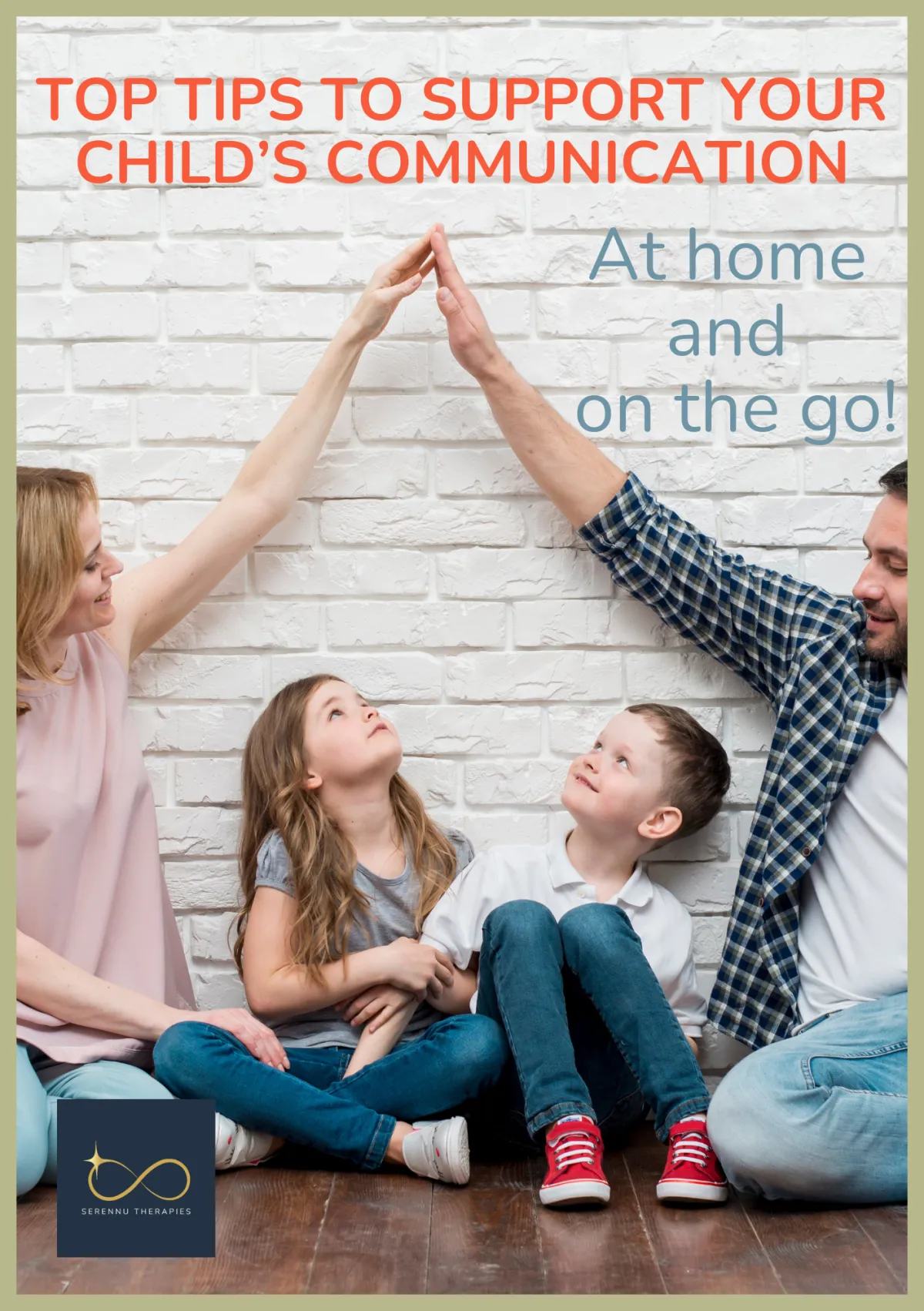
10 tips to support your child's communication at home and on the go!
Support your child’s language and communication with confidence!
This booklet explains the background to communication and language development and is packed with clear, actionable tips to get you started today.
This booklet will equip you with the tools and knowledge needed to support your child’s language and communication skills.
YOU play a vital role in your child’s development and know them best; therefore, the whole family will benefit from these strategies.
Designed to accompany our training, How to Support Your Non/Minimally Speaking Child or Young Person, it gives you the tools to empower your child and make a real difference in everyday life.
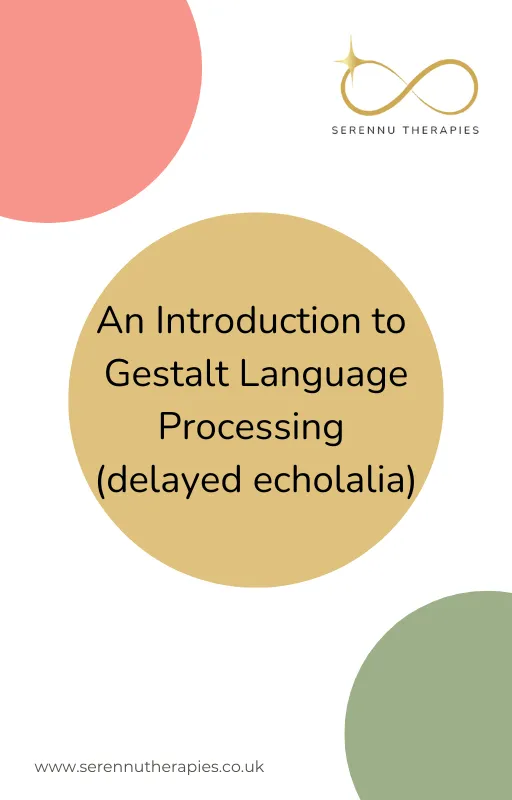
An introduction to Gestalt Language Processing: Supporting Delayed Echolalia through natural language acquisition.
Our bite-sized, on-demand training offers parents and education staff an accessible introduction to Gestalt Language Processing (GLP), sometimes referred to as delayed echolalia.
You’ll learn what GLP is, how it differs from more analytic language development, and why some children naturally acquire language in this way. We’ll explain the stages of gestalt language development in simple, practical terms, helping you to recognise and better understand the language you may hear from the children you support.
The training will also guide you in identifying when a child’s repeated phrases or “scripts” are meaningful attempts at communication, rather than just repetition. You’ll gain insight into the communicative purpose behind echolalia, and how to respond in ways that validate the child’s message.
This understanding can transform how you interpret language use, fostering more connection and reducing frustration for both adults and children.
Finally, the session provides practical strategies for supporting children at different stages of GLP.
Parents and staff will leave with simple, everyday techniques to encourage language growth and create supportive environments for communication. The aim is to build confidence and awareness, so that you feel equipped to celebrate each child’s unique way of learning and help them progress at their own pace.
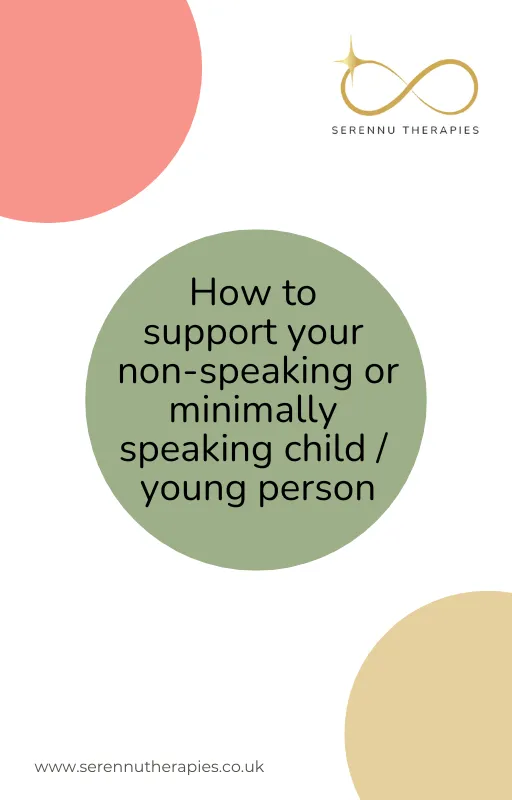
How to support your non-speaking or minimally-speaking child/young person
This on-demand, bite-size training is designed to support parents and carers of non-speaking or minimally speaking children and young people. It introduces you to the many different ways children develop language and communication, helping you to understand that speech is only one form of communication. We’ll explore why some children may not be using spoken words yet, and how they may be learning and expressing themselves in other valuable ways.
You’ll learn about a range of communication methods beyond speech, such as gestures, facial expressions, body language, signs, and Augmentative and Alternative Communication (AAC). The training explains how these approaches can give your child a voice, reduce frustration, and support their overall development. We’ll also look at the differences in how children’s communication and language develops, so you can better recognise and celebrate your child’s unique progress.
Finally, the session offers simple, everyday strategies for creating a supportive communication environment at home and in the community. Parents and carers will leave with practical ideas that encourage interaction, strengthen connections, and ensure that every child feels understood and valued—no matter how they communicate.
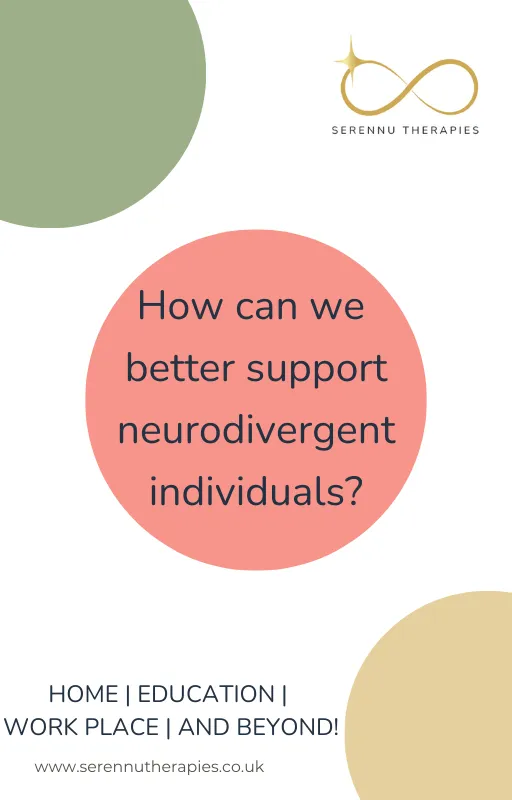
Neurodiversity-affirming practice: How can we better support neurodivergent individuals?
This bite-size, on-demand training introduces the key principles of Neurodiversity Affirming Practice and what it means to truly value and support neurodivergent individuals. Whether at home, in education, at work, or in the wider community, you’ll learn why shifting away from a “deficit” model towards a strengths-based approach makes such a difference. We’ll explore what neurodiversity means in everyday life and how small changes in attitude and practice can have a big impact.
The training highlights common experiences of neurodivergent people and helps you reflect on the environments and expectations that may create barriers. It also addresses the importance of intersectionality, recognising that neurodivergent individuals may experience overlapping identities and challenges related to race, gender, culture, or disability. You’ll gain practical ideas on how to reduce barriers and create spaces that are inclusive, respectful, and supportive for everyone.
Accessible to everyone, this session is designed to spark awareness, reflection, and positive action. You’ll leave with a clearer understanding of what it means to be neurodiversity affirming, and with practical steps you can use right away—whether you’re a parent, carer, educator, colleague, or friend.
Ready To Connect?
Book a FREE 15-minute call with one of our therapists to talk through your concerns.
Based in the UK | Online and in-person appointments available
Serennu Therapies | All Rights Reserved 2025
Website Designed By RH Consultancy
